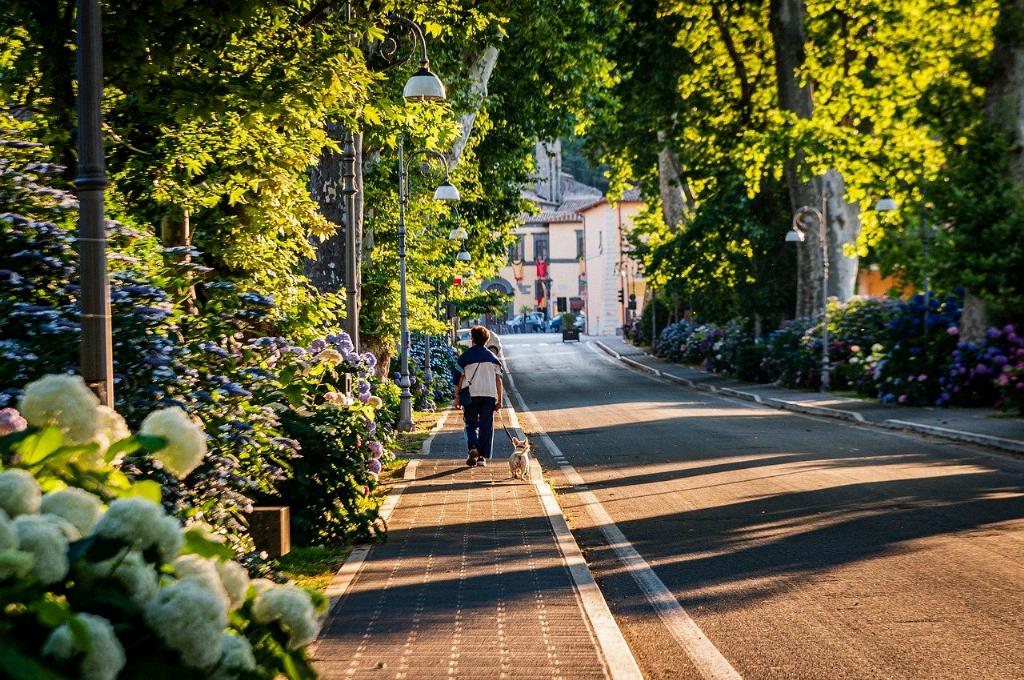Hydrangeas, with their lush blooms and vibrant colors, have long captured the hearts of flower enthusiasts and symbol aficionados alike. These beautiful flowers hold a multifaceted symbolism that varies across different cultures and traditions, adding layers of meaning to their already enchanting presence.
Abundance and Gratitude
One of the primary symbols associated with hydrangeas is abundance. The clusters of delicate petals that adorn the hydrangea’s spherical bloom are often seen as representative of plenty and prosperity, making the flower a popular choice for celebratory occasions and expressions of gratitude.
Heartfelt Emotions
Hydrangeas are also deeply connected to heartfelt emotions, particularly in the realm of love and romance. The intricate layers of petals that make up the flower’s head are thought to symbolize the complex and nuanced nature of human emotions, making hydrangeas a poignant choice for conveying deep feelings and sentiments.
Symbol of Apologies in Japanese Culture
In Japanese culture, the symbolism of hydrangeas takes on a unique twist. Legend has it that hydrangeas are associated with apologies, stemming from a tale of an emperor gifting hydrangeas to the family of a girl after he accidentally insulted her beauty. Since then, hydrangeas have been linked to sincerity and repentance in Japanese customs.
Boastfulness and Vanity
On the flip side, hydrangeas can also convey themes of boastfulness and vanity. The voluminous blooms of hydrangeas, which often appear in a range of striking colors, can sometimes be seen as a symbol of excessive pride or showiness, cautioning against the perils of arrogance and conceit.
Resilience and Determination
Despite their delicate appearance, hydrangeas are remarkably resilient flowers, able to thrive in various environments and weather conditions. This resilience has led to the interpretation of hydrangeas as symbols of endurance, strength, and determination, inspiring individuals to persevere through challenges and adversity.
Funeral Symbolism
In some cultures, hydrangeas are associated with somber occasions, such as funerals. The nuanced hues of hydrangea blooms, ranging from deep blues to soft whites, can evoke feelings of sorrow and remembrance, serving as a symbol of respect and honor for the departed.
Transformation and Change
The process of the hydrangea flower changing colors based on the acidity of the soil it grows in has led to the interpretation of hydrangeas as symbols of transformation and change. This quality makes hydrangeas a popular choice for those embarking on new beginnings or seeking personal growth.
Divine Beauty and Graciousness
Hydrangeas have often been associated with divine beauty and grace, with their ethereal blooms exuding a sense of elegance and charm. The intricate patterns and delicate petals of the hydrangea flower have inspired admiration and reverence, making them a beloved symbol of grace and loveliness.
Protection and Security
In certain cultures, hydrangeas are believed to offer protection and security to those who keep them close. The abundant petals and lush foliage of the hydrangea plant are seen as a shield against negative energies and harm, imparting a sense of safety and sanctuary to their surroundings.
Symbol of Understanding and Compassion
Due to their intricate layers and delicate nature, hydrangeas are often seen as symbols of understanding and compassion. The subtle nuances of the flower’s petals symbolize the importance of empathy and sensitivity in human relationships, encouraging kindness and empathy towards others.
Conclusion
In conclusion, the symbolism of hydrangeas is as diverse and enchanting as the flowers themselves. From abundance and gratitude to resilience and transformation, hydrangeas embody a wide range of meanings that resonate with individuals across cultures and traditions, making them a timeless and cherished symbol in the world of flora and symbolism.

